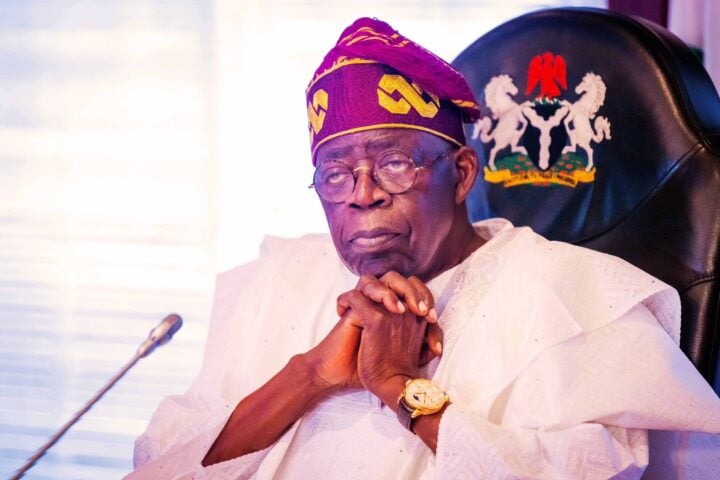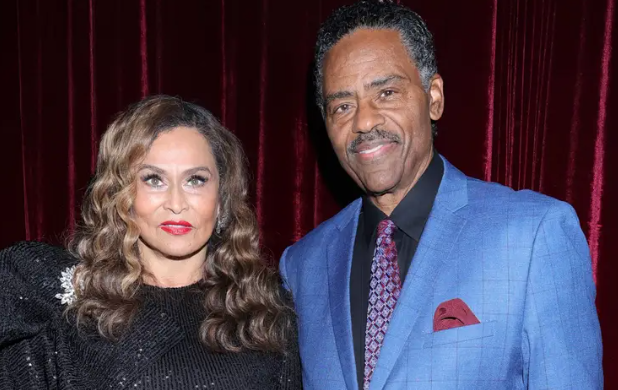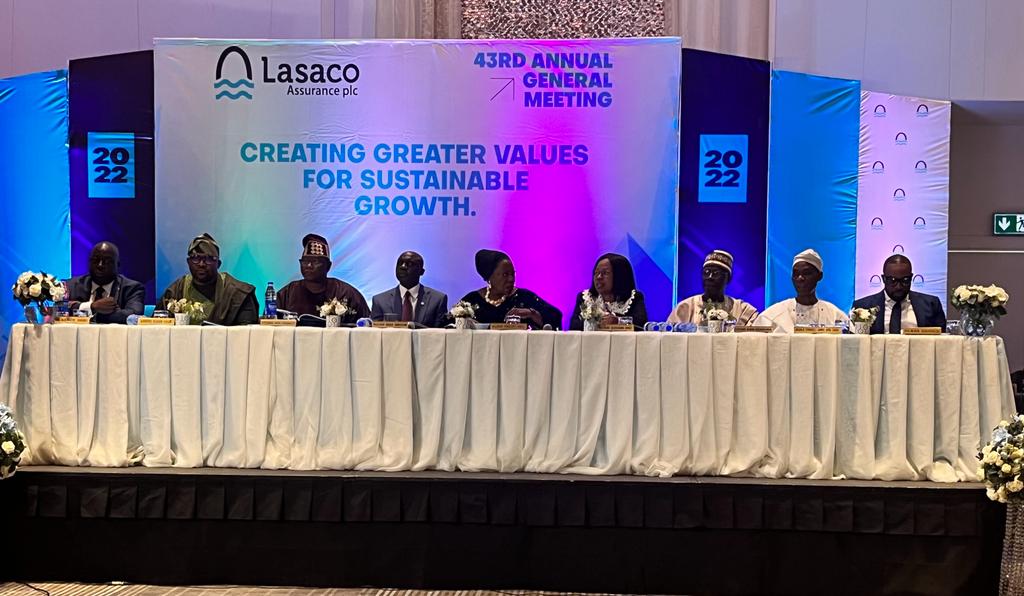PricewaterhouseCoopers, one of the big four professional services firms, has made a case for local refining, mergers, as well as diversifying to alternative energy sources, following the removal of petrol subsidy.
The organisation made the recommendations at a news conference held on Wednesday in Lagos to discuss the outlook for the downstream sector in the post-subsidy era.
In his inaugural address on May 29, President Bola Tinubu announced that petrol subsidy payment was over.
The pronouncement immediately led to a hike in the pump price of the product across the country, as the Nigerian National Petroleum Company (NNPC) Limited increased the price at its retail outlets to N537 per litre in Abuja, and N488 in Lagos.
Advertisement
In another uptick, the cost of the commodity rose to N617 in Abuja, and N568 in Lagos.
Akinyemi Akingbade, partner, energy, utilities, and resources at PwC Nigeria, said the downstream sector would evolve rapidly post-subsidy removal.
“We anticipate a consolidation of players in the sector as size and economies of scale will play a major role in shaping competition in the market,” he said.
Advertisement
As the sector becomes more competitive, according to Akingbade, companies would need to review their supply chain management, leverage digital technology and have a sound risk management system to manage cost and deliver value to their stakeholders.
“For growth and sustainability, they should invest in other energy options, compressed natural gas (CNG) and auto liquefied petroleum gas (LPG) as the world embraces low carbon energy,” he said.
Although Akingbade admitted that the subsidy removal policy offers opportunities for alternatives, the energy expert noted that in the long run, building local refineries remained the best choice.
“If your refineries are not working, it actually means that you are subsidising production in another country. Local production must come on stream and this means there must be strategic policies around the downstream sector,” he said.
Advertisement
On his part, Pedro Omontuemhen, partner and Africa oil and gas leader at PwC Nigeria, said the policy allows companies to confront market dynamics.
He was represented by Cyril Azobu, partner and mining leader at the firm.
“As the subsidy era comes to an end, Nigeria’s oil and gas downstream sector faces a transformative opportunity,” the Omontuemhen said.
“The subsidy shielded companies from the reality of their profits. Now, companies will confront the true market dynamics.
Advertisement
“In addition to navigating risks from global economic shifts, fluctuating energy prices, Nigeria’s macroeconomic conditions, and forex regime, companies must embrace operational excellence to stay competitive.”
Advertisement
Add a comment






